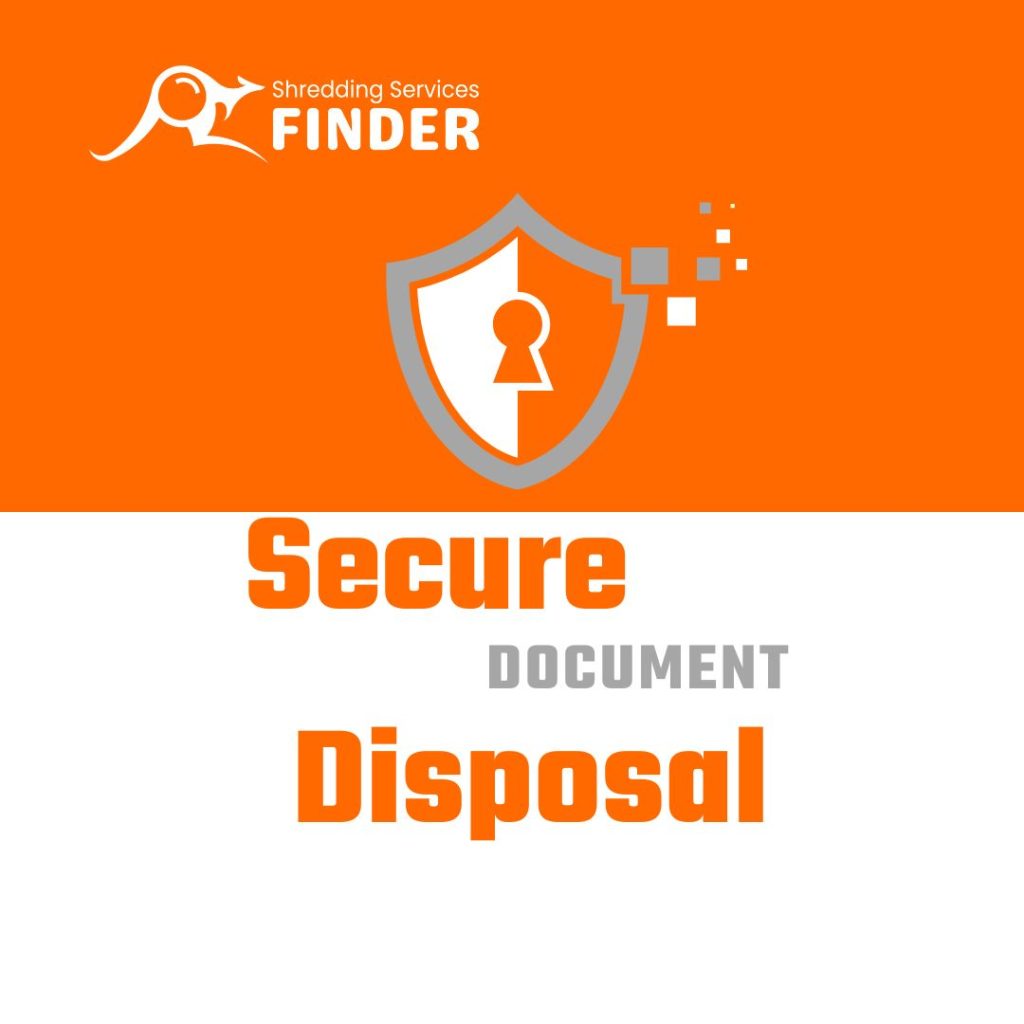Secure Paper Disposal: Find the best Shredding Services in Australia
Why Secure Paper Disposal Matters
It’s easy to overlook the importance of securely disposing of physical documents. However, sensitive paperwork – Such as financial statement, medical records, or business contracts – can pose a serious identity theft and privacy risk if nor handled correctly.
Secure paper disposal ensures that confidential information is completely destroyed, helping individual and businesses stay compliant with privacy regulations such as the Australian Privacy Act.
How to Find the right Secure Paper Disposal Service
At Shredding Services Finder, we make it easy to compare shredding services across Australia. Instead of searching through multiple providers, our platform lets you find compare the best options for secure paper disposal in you area.
Step 1: Search for Shredding Services near you
Enter your city on our platform to find a trusted shredding companies that offer secure paper disposal.
Step 2: Compare Services & Pricing
Each provider has different services levels, including one-time shredding, scheduled shredding, and drop-off options. Our platform allows you to compare features, cots, and reviews to make the best choice.
Step 3: Chose the best shredding Provider
Once you’ve found shredding company that meets your needs, you can book their services directly through their platform, ensuring a quick and hassle–free process.
Benefits of using a secure paper disposal service
1. Compliance with Privacy laws
Compliance with Privacy laws Businesses handling sensitive information must comply with Australian data Protection regulations. A professional shredding services ensures documents are securely destroyed and provides a certificate of destruction as proof.
2. Protection Against Identity Theft
Discarding documents in regular bins increases the risk of fraud. secure paper disposal guarantees that personal and business data cannot be retrieved or misused.
3. eco-friendly shredding
Most professional shredding companies recycle shredded paper, helping to reduce landfill waste and support sustainable practices.
What look for in a secure paper disposal provider
- NAID certifications. Ensures the company follow strict protocols.
- On-site vs Off-site shredding: Chose the best optional based on your security needs.
- Customer reviews: Check testimonials and rating to find a reliable service provider.
Compare and choose the Best secure paper disposal service today
At Shredding Services Finder, we help you make the right choice for your secure documents destruction needs, Whether you need a one-time purge or a regular shredding service. Our platform connects you with Australian’s tops shredding companies.

